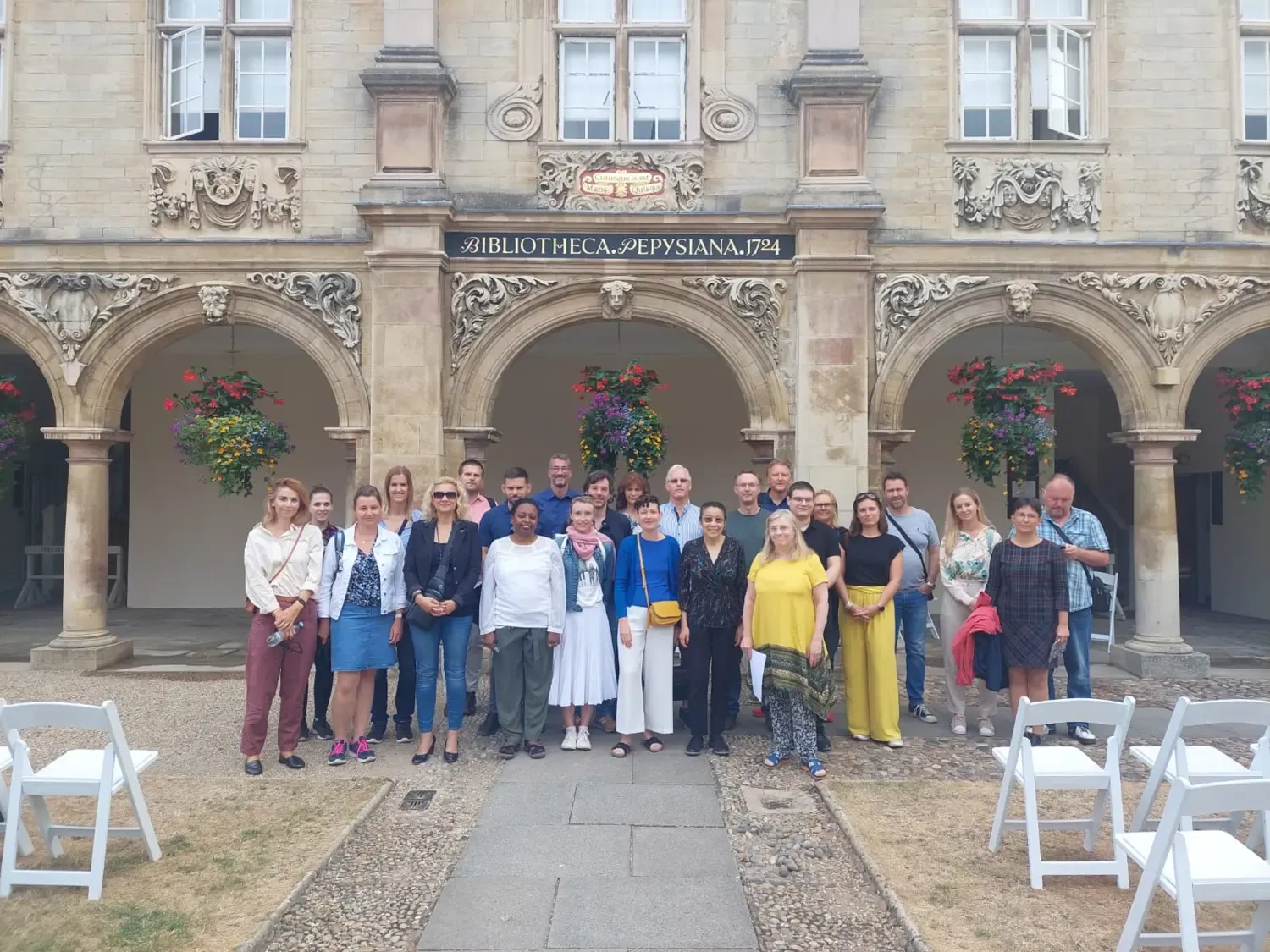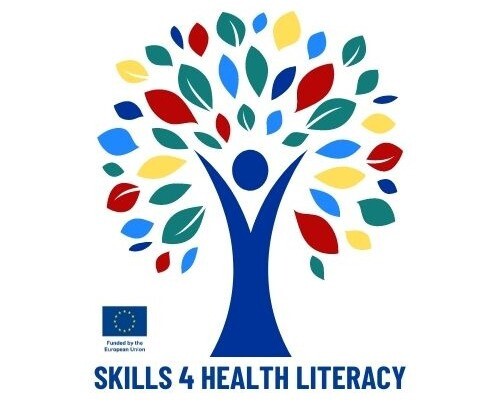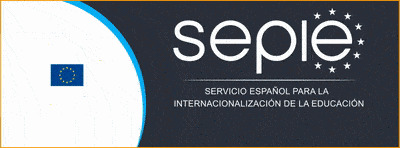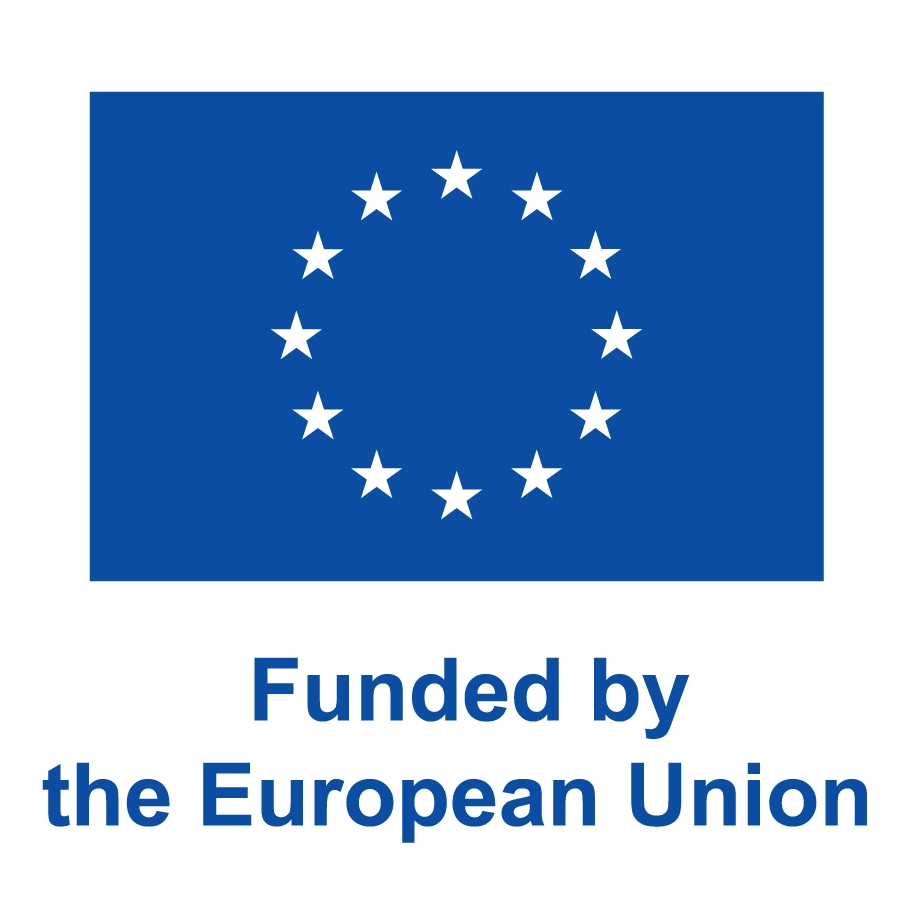Cooperation partnerships/Strategic partnerships Erasmus+
KI takes part in many different cooperation partnerships and strategic partnerships within Erasmus+. Some of them are presented here.

LEANbody
Reaching for Quality Management Tools to Teach Human Anatomy Effectively in a Multicultural and Multilingual Learning Space (LEANBODY)
Masarykova Univerzita - Czech Republic, SVEUCILISTE U ZAGREBU - Croatia, THE UNIVERSITY OF CAMBRIDGE - United Kingdom, KAROLINSKA INSTITUTET - Sweden and University of Pecs, Hungary (coordinating).
The 2015 Standards and Guidelines for Quality Assurance in the European Higher Education Area (ESG 2015) take account of the developments in European higher education since 2005, such as the shift to student-centred learning and the need for flexible learning paths and the recognition of competencies gained outside formal education. In Eastern European Medical Programmes taught in English, however, the number of international students has exploded in the last decade, while the number of teaching staff has not been increased reasonably. The teaching workload of academics increased enormously, without meaningful adjustments in teaching traditions sustainable for large heterogenous populations of international students.
This has resulted in considerably high rates of mental health-related complaints from both students and academic staff in these Institutions. As the medical profession itself is notoriously linked to a relatively high lifetime risk for mental health and associated chronic diseases, and medical education ought to equip all doctors with skills to cope with these increased risks in a preventative or protective way, strategic investments must target the development of the curricula of foundational years in medical education which should help transform current teaching traditions into a sustainable and efficient training beyond ESG standards. To facilitate achieving this goal, this project investigates a key foundational course subject Human Anatomy for its potential to be repurposed for the above-mentioned sustainability criteria.
The key intellectual output of this project will be a guidebook on 'How to Manage Human Anatomy Courses for Internationalized and Sustainable Medical Education'. From 2023 the World Federation of Medical Education (WFME) will introduce an obligatory accreditation process for global medical education institutions providing a medical curriculum in English language. At present, Eastern-European Medical Schools in this category are not yet eligible for accreditation by WFME.
Amani Eltayb
Lecturer
Skills4 Health Literacy
SKILLS4HL aims to meet the needs of higher education institutions in training their future and current health and social care professionals, through digital education technologies, to promote health literacy capacity-building when supporting persons at risk of dementia to deliver relevant and personalized interventions.
Organisations participating in the project are Karolinska Institutet (coordinator), Sweden, Seinäjoen Ammattikorkeakoulu Oy, Finland, Professionshojskolen University College Nordjylland, Denmark, Universitetet i Tromsoe - Norges Arktiske Universitet, Norway and Global Health Literacy Academy, Denmark.
Specific objectives of the project
- To improve the understanding of the needed specific knowledge, skills and abilities that the health and social care sectors demand from their professionals to promote and/or improve health literacy when supporting persons at risk of dementia. (WP2 output: Development of competence profiles for Health and Social Care professionals to promote health literacy when supporting persons at risk of dementia)
- To strengthen the strategic and structured cooperation of higher education institutions partners in health literacy education to develop a learning-outcomes-oriented curriculum and educational contents. (WP3 output: A thematic curriculum of health literacy with course descriptions)
- To increase the use of innovative and accessible digital technologies, to generate open education resources for skills development about health literacy of health and social professionals and build digital pedagogy capacities of lecturers. (WP4 output: e-learning platform and Open Educational Resources to deliver the designed curriculum)
Camilla Malinowsky
Project coordinator Skills4 Health LiteracyePlanet
ePlanet aims to develop education material on planetary health for students of the health professions/in the medical field. The goal is to equip future health professionals with the knowledge they need to promote and deliver sustainable health and health care.
Accredited online micro-learning modules will transport a holistic and systems-based understanding of individual and community health, and its reliance on healthy environments. The learning modules will provide knowledge on the effects of climate change on health, address values and attitudes regarding the roles and responsibilities of health professionals, and focus on sustainable practices in the health sector.
Through providing educational resources, the ePlanet project aims to assist institutions in addressing an unmet educational need and accelerate the implementation of climate change and health into health professions curricula, without adding significantly to the curricular load.
Coordinating partner is University Medical Center Utrecht (the Netherlands). Associated partners are Karolinska Institutet (Stockholm, Sweden), Faculty of Medicine and Health Sciences of the University of Ghent (Belgium), Charité, Medical Faculty of the Humboldt-University (Berlin, Germany), and Superbuff, applied gaming and digital platforms (The Hague, the Netherlands).
Carla Avesani
Project coordinator ePlanetPeter Stenvinkel
Project coordinator ePlanetAnna Wallén
Project coordinator ENVISION_2027ENVISION_2027
This new European Network for Virtual Lab & Interactive Simulated Online learning 2027 is an extension of a current educational collaborative network NordBioMedNet, with a specific focus on virtual/online practical training. KI will be responsible for the coordination of the virtual laboratory training. While the need of virtual/online practical training became apparent during the corona pandemic, a similar project on virtual lab training as a pedagogic developmental project has been running in the Biomedicine programmes for a couple of years.
The virtual lab training can also cater students’ different types of learning style and offer a variety of techniques that might not be feasible to teach/learn during an on-campus course.
Since the start of the project in June 2021, several courses in the Bachelor of Biomedicine have implemented the use of digital lab with satisfactory response from students. We are now evaluating the benefit of digital lab with our partner university, based on feedback from hundreds of students within the Biomedicine disciplines.
The ENVISION_2027 network is coordinated by the University of Turku. The other participating higher education institutions (HEIs) are in Finland, the University of Eastern Finland, the Åbo Akademi University; in Norway, the University of Bergen and in the United Kingdom, the University of Leeds.
Louisa Cheung
Project coordinator ENVISION_2027Rachel Fisher
Project coordinator ENVISION_2027Per Antonson
Project coordinator ENVISION_2027Jonas Sundbäck
Project coordinator DATAETHICSDATAETHICS
Changing Landscapes in the Health and Life Sciences: Ethical Challenges of Big Data
The Eurolife Consortium, in which Karolinska Institutet is one of 9 institutional partners, has been awarded an Erasmus+ Strategic Partnership grant towards its transnational project aiming at updating the conceptual and ethical considerations that arise from Biomedical Big Data (BBD) collection and use. The project is coordinated by the University Medical Center Göttingen, University of Göttingen, which is currently also coordinating Eurolife.
DATAETHICS enables a shared understanding and a common vision on BBD across Europe through testing and implementation of an innovative on-line training package developed through activities based on value and knowledge education and with actions of cooperation with interdisciplinary expertise and industry. The e-courses will be engaging through the mix spurts of text, audio, webinars, discussion boards and hands-on exercises and will actualize the content to mirror the technological advancements incorporating cultural, legal and social differences.
Within DATAETHICS, the consortium will develop a novel Open Education Resources: a learning environment via an interactive e-platform and an on-line training package of courses, through which we will address the identified challenges with respect to curation, interpretation and analysis of accumulating biomedical datasets. With the novel practical tools, content and guidelines offered here, the project brings improved and durable availability of training with real-life examples, which will allow acquisition of the breadth and depth of skills and knowledge that students and teachers currently need in the life sciences. Furthermore, it facilitates unification of learning criteria and opens a window of opportunity for continuous improvement in the delivery of quality teaching in Higher Education.

Good RENal
(Integrated patient care intradialysis programme in hemodialysis through a virtual health platform – GOODRENAL Project nº 2020-1-ES01-KA204-083141)
GoodRENal is a European project aimed at promoting healthy lifestyle habits in people with chronic kidney disease. Researchers from Sweden, Greece, Belgium and Spain are working on this project, which is funded by the Erasmus+ European programme and the Spanish R+D+i Plan. For that, specialists from the University Cardenal Herrera (CEU UCH, coordinating partner), Manises Hospital, Valencia University and the Polytechnic University of Valencia (UPV), in Spain; Karolinska Institutet and Skåne University Hospital, in Sweden; the Catholic University of Leuven, in Belgium; and the Aristotle University of Thessaloniki, in Greece, will strive to improve the quality of life of people with chronic kidney disease through an all-round approach, which includes physical activity, nutrition and psychological well-being.
GoodRENal involves designing a virtual platform that is used during the hemodialysis sessions to encourage patients to stick to these healthy habits, while they are being treated.
The design and the development of the GoodRENal virtual platform will incorporate the results obtained in previous clinical trials. The GoodRENal project also includes the design of an e-learning platform with guides on physical activity habits, nutrition and psychological aspects, which are intended for all those who influence the lifestyle of the patients undergoing haemodialysis treatment, from the actual people with chronic kidney disease, to the healthcare professionals who look after them, their families and their caregivers.
It also aims at organizing different scientific events and training activities up to 2023.
GoodREnal – Promoting healthy lifestyle in hemodialysis (link to YouTube)
This project has been funded with support from the European Commission. This project reflects the views only of the authors, and the Commission cannot be held responsible for any use which may be made of the information contained therein

Bengt Lindholm
Project coordinatorPeter Stenvinkel
Professor/Senior PhysicianCarla Avesani
Senior Research Specialist
